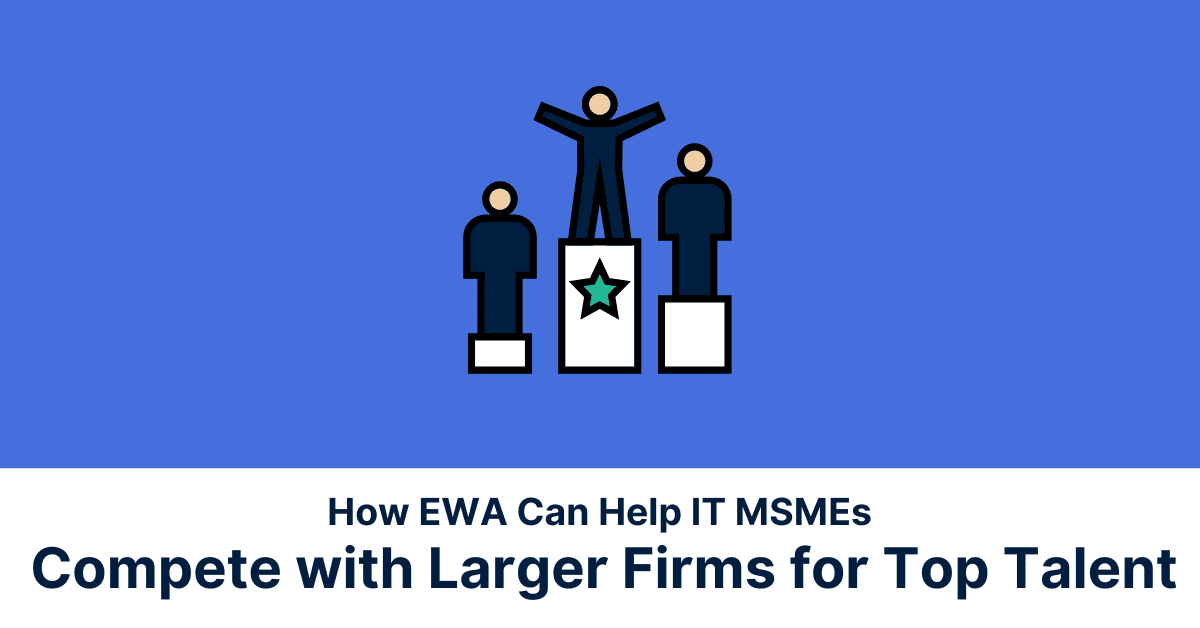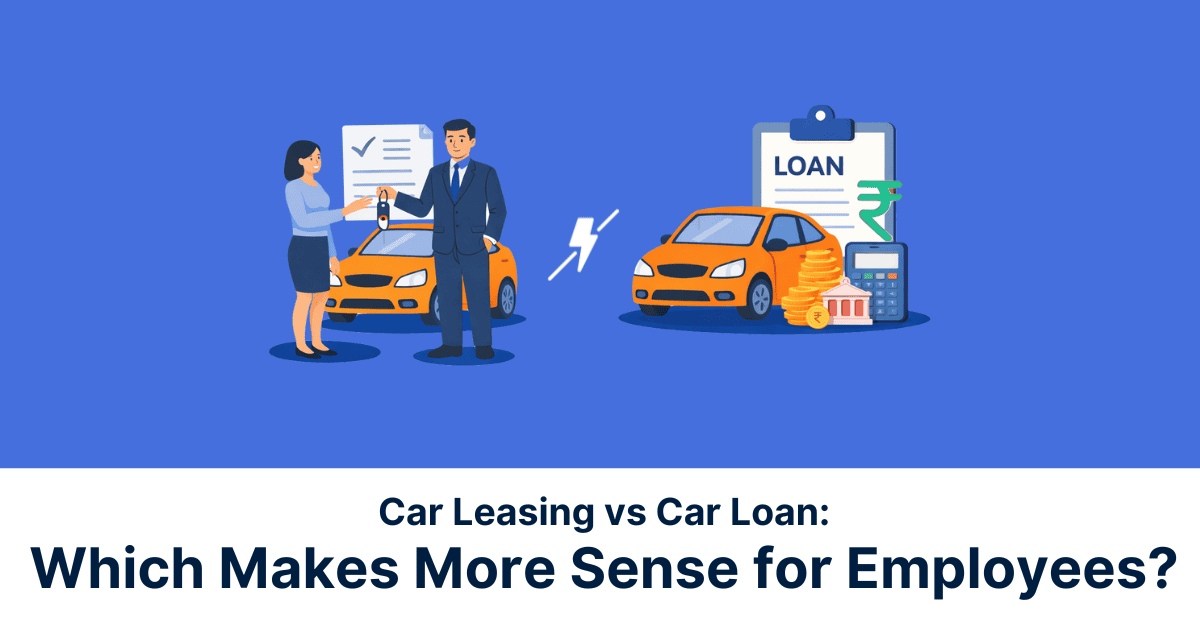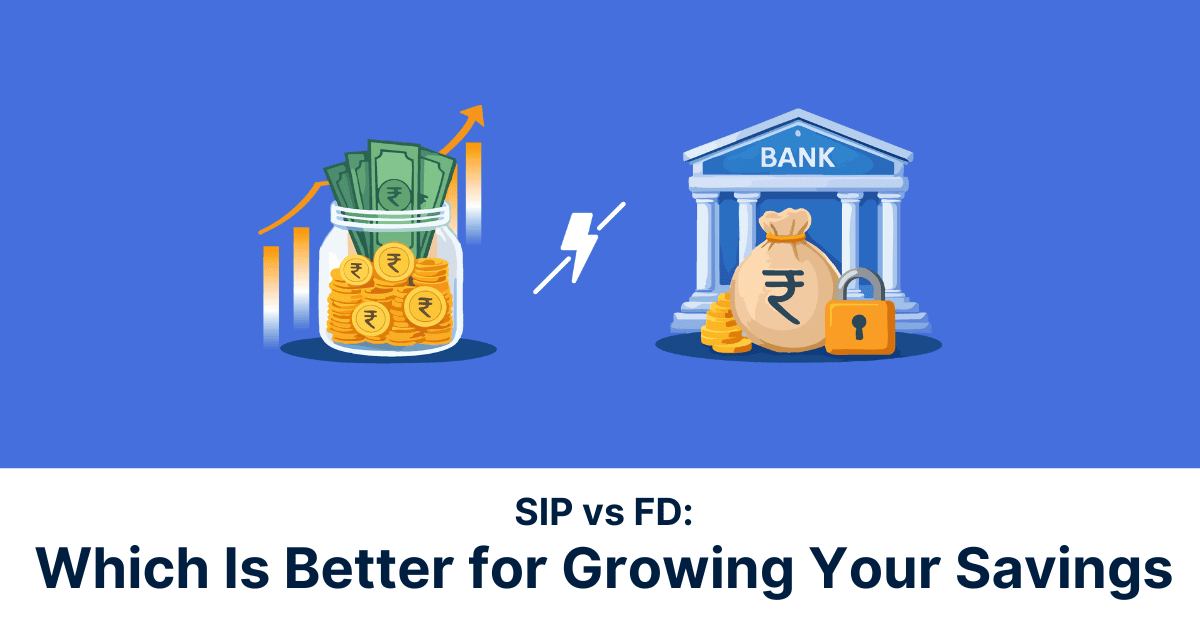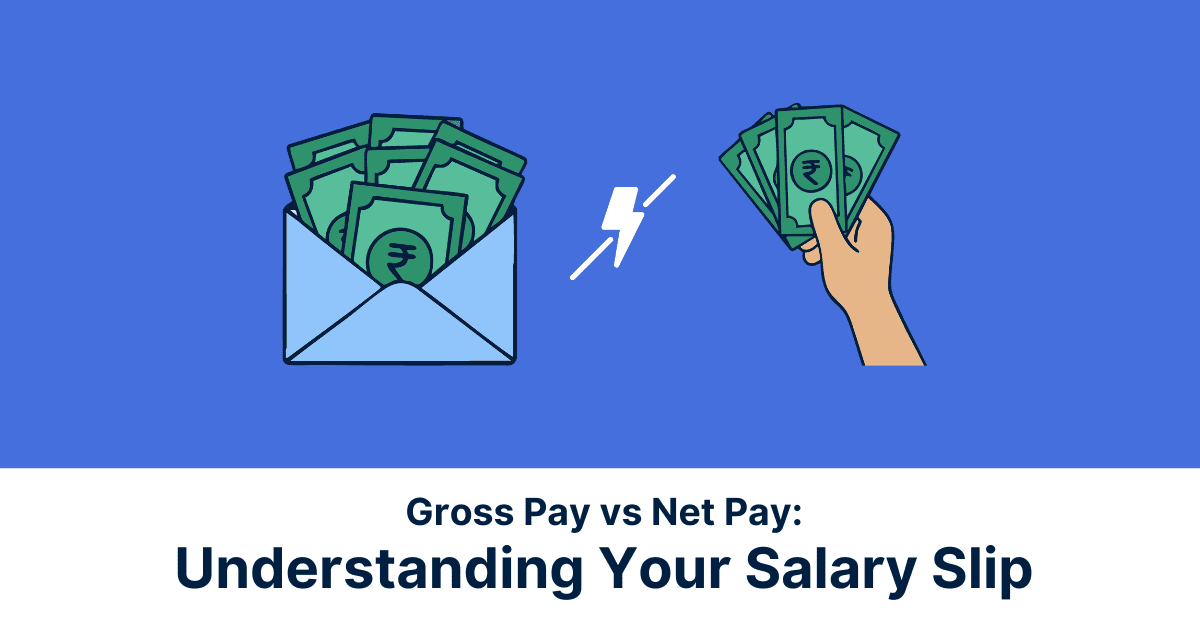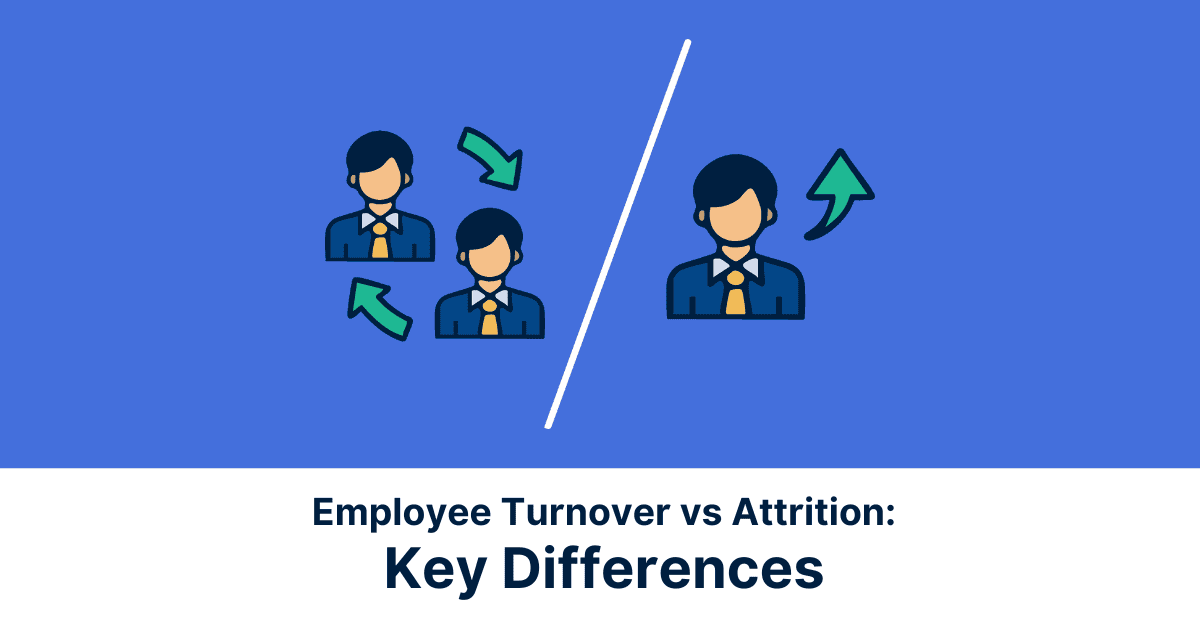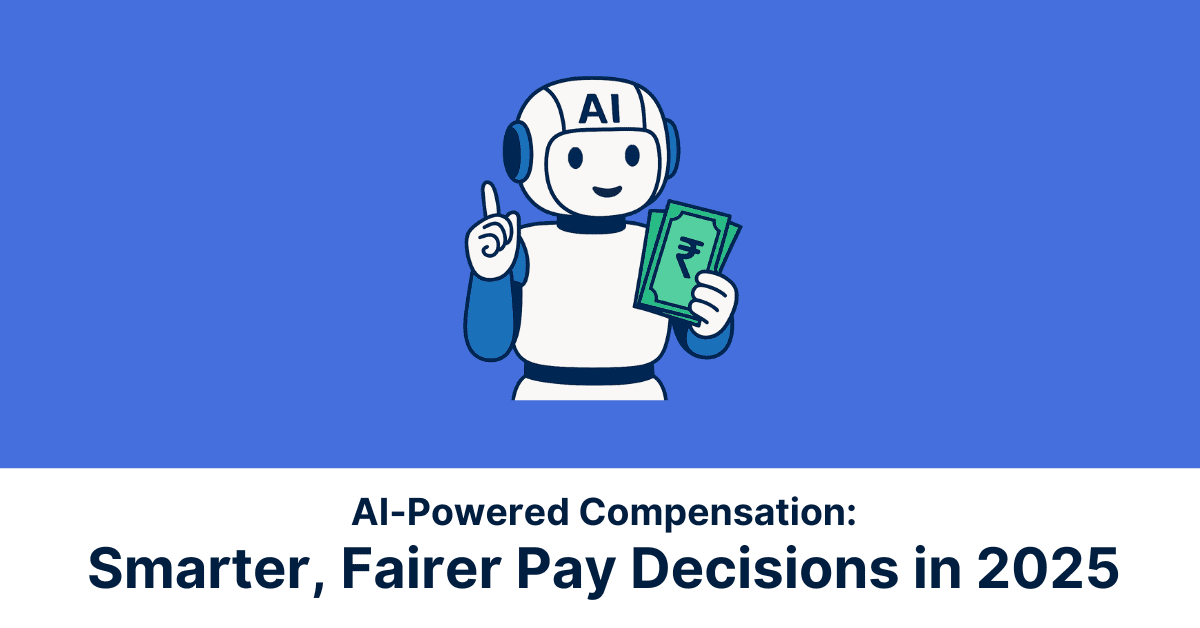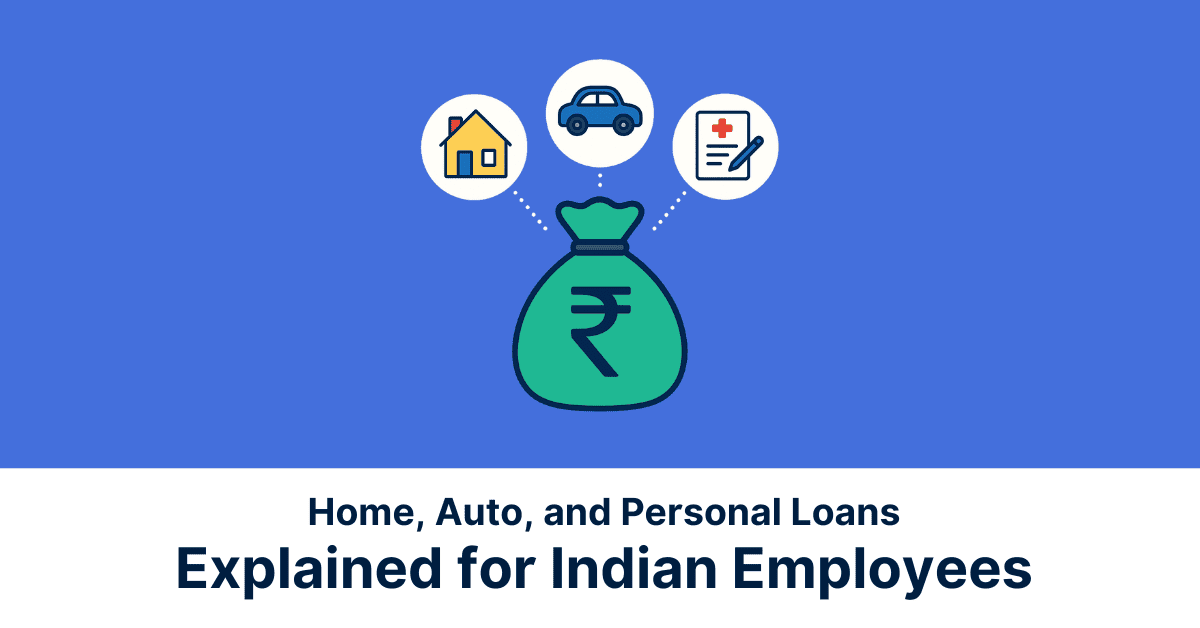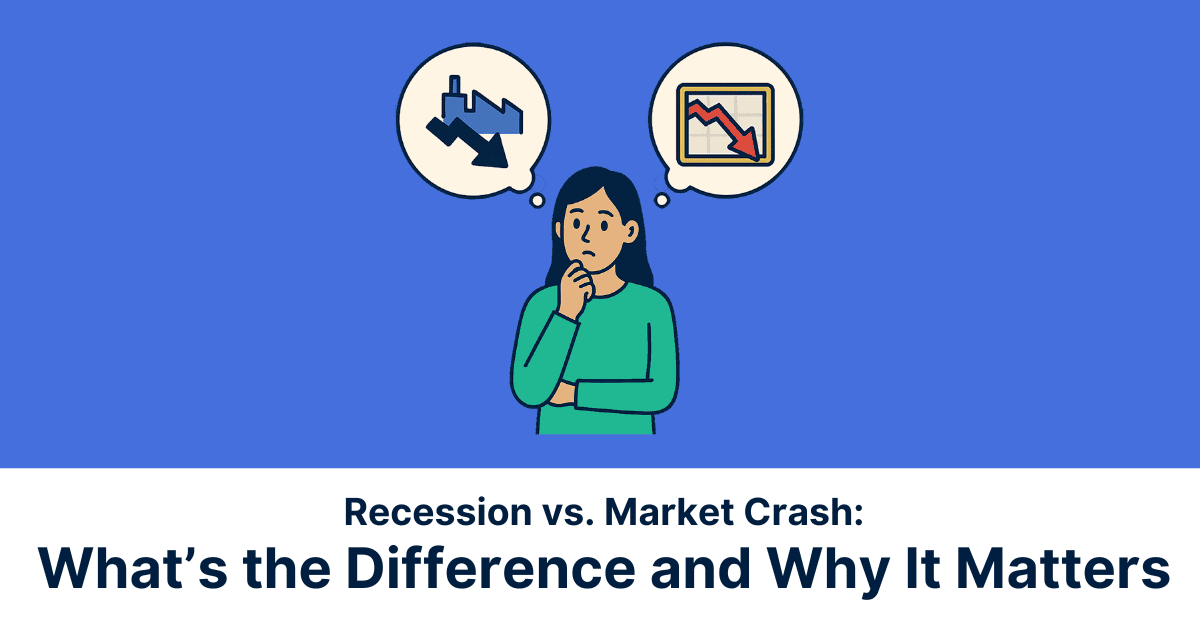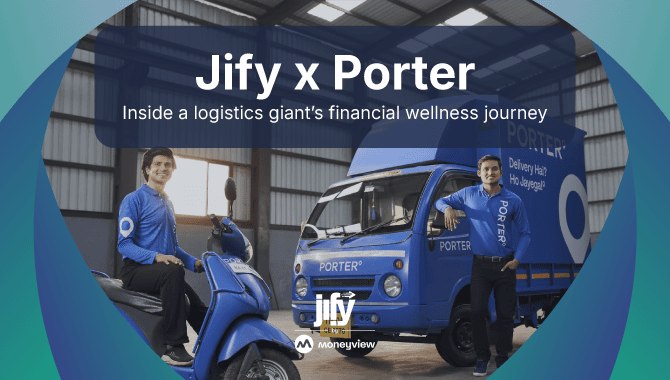We know that larger firms, equipped with substantial budgets, extensive resources, and global recognition, often dominate the race to attract and retain top-tier talent. This leaves MSMEs struggling to compete, as they must overcome constraints such as limited financial capabilities and lesser-known employer branding. However, statistics show that MSMEs contribute about 30% towards India’s GDP.
MSMEs have a unique opportunity to level the playing field by adopting innovative strategies that appeal to modern employees’ needs. One such approach is Earned Wage Access (EWA), a powerful financial wellness initiative. By allowing employees to access their earned wages before payday, EWA addresses a pressing concern for many workers: financial flexibility.
How EWA Helps IT MSMEs Attract Top Talent
Meeting the Expectations of Millennials and Gen Z
Millennials and Gen Z, now dominating the workforce, bring with them distinct financial preferences shaped by evolving economic conditions and lifestyle priorities. Here’s how EWA comes in handy in attracting young talent:
Financial Flexibility with Salary on Demand
Millennials and Gen Z prioritise financial agility. Salary on demand empowers them with immediate access to earned wages, unlike traditional pay cycles. This flexibility helps cover unexpected expenses and manage cash flow effectively, making small-scale industries more attractive to younger workers.
Employee Control with On-Demand Pay
Younger employees value control over their finances. On-demand pay aligns with this preference, allowing them to access their earnings when needed. For MSMEs, offering this benefit demonstrates a commitment to empowering employees and building trust.
Reducing Financial Stress
Many younger workers face financial pressures. Earned wage access helps them avoid costly credit options. This is particularly beneficial for employees in small-scale industries, improving their financial well-being and overall job satisfaction.
Attracting Top Talent
Competing with larger corporations can be challenging for MSMEs. Offering earned wage access provides a competitive advantage. Younger employees are drawn to employers that understand their financial priorities and offer progressive benefits.
Aligning with the Digital World
Millennials and Gen Z are tech-savvy. App-based on-demand pay solutions seamlessly integrate with their digital lifestyles. By embracing these tools, MSMEs can appeal to younger generations and position themselves as forward-thinking organisations.
Standing Out with Competitive Benefits
In the competitive IT hiring landscape, MSMEs often face challenges when competing with larger corporations. However, offering Earned Wage Access (EWA), or on-demand pay, can set MSMEs apart by providing a benefit that addresses employees’ modern financial needs.
While larger companies may rely on their brand recognition and extensive resources, EWA offers MSMEs a unique advantage by showcasing a progressive, employee-centric approach. Salary on demand ensures financial flexibility, a highly appealing feature for today’s workforce, especially Millennials and Gen Z.
This innovative benefit not only enhances the employer brand of small-scale industries but also helps them attract top talent by addressing real-world concerns like cash flow and financial stability. By prioritising employee well-being through on-demand pay, MSMEs can level the playing field, positioning themselves as forward-thinking organisations in a competitive job market.
Building a Financial Wellness-Focused Employer Brand
EWA, or on-demand pay, allows employees to access their earned wages before the traditional payday, promoting financial flexibility and reducing stress. For Millennials and Gen Z, who highly value personal well-being and autonomy, this benefit resonates deeply. By integrating salary on demand into their benefits package, MSMEs demonstrate an understanding of modern financial challenges and a commitment to their workforce’s holistic wellness.
Beyond its appeal to prospective hires, EWA reinforces an MSME’s reputation as a forward-thinking and compassionate employer. It aligns with broader financial wellness goals by building stability, trust, and productivity within the workforce. This is particularly impactful in small-scale industries, where limited resources can often prevent the implementation of costly perks. This is typically associated with larger organisations.
Moreover, promoting EWA as a cornerstone of the company’s financial wellness strategy helps MSMEs attract candidates who prioritise meaningful workplace values, such as care and empowerment. A study shows that that wellbeing and engagement reinforce each other – and that it takes a 20% pay jump to lure the engaged away.
Reducing Financial Stress to Support Wellness
EWA (Earned Wage Access) empowers employees by providing immediate access to their earned wages, eliminating the traditional wait for payday. This flexibility significantly reduces financial stress, a major factor in employee satisfaction and overall well-being
Here’s how EWA supports employee wellness:
Reduced Financial Strain
Unexpected expenses or emergencies can disrupt financial stability. EWA provides a safety net, allowing employees to cover costs promptly and avoid costly alternatives like payday loans or credit card debt.
Improved Cash Flow Management
EWA gives employees greater control over their finances, enabling them to better manage expenses, pay bills on time, and avoid late fees. This predictability and control reduce financial anxiety.
Enhanced Mental Well-being
Financial stress can negatively impact mental health, leading to anxiety, depression, and decreased productivity. By alleviating these financial pressures, EWA contributes to a more positive and stress-free work environment.
Increased Job Satisfaction
Employees who feel financially secure are more likely to be engaged and satisfied with their jobs. EWA demonstrates an employer’s commitment to employee well-being, creating a positive and supportive work environment.
Boosting Job Satisfaction and Loyalty
Employees who feel financially supported are more likely to develop loyalty and satisfaction with their workplace, making Micro, Small, and Medium Enterprises (MSMEs) more attractive to job seekers.
By offering Earned Wage Access (EWA), or on-demand pay, MSMEs address a critical employee need: financial stability. Allowing employees to access their salary on demand helps reduce financial stress and provides flexibility to manage expenses or emergencies. This shows that the company values its workforce’s well-being, building trust and a stronger emotional connection.
Employees who feel cared for are more engaged and committed, creating a workplace culture of loyalty and stability. For job seekers, EWA reflects a forward-thinking, compassionate employer, appealing especially to Millennials and Gen Z who value meaningful support.
With EWA, small-scale industries can enhance employee satisfaction and retention while positioning themselves as desirable, people-centric organisations in a competitive job market.
Leveraging EWA to Retain Top Talent
Strengthening Employee Loyalty
Employee loyalty is built on trust and the belief that their employer genuinely values their well-being. By offering Earned Wage Access (EWA), or on-demand pay, MSMEs can build this loyalty by addressing a fundamental concern: financial stability. EWA allows employees to access their salary on demand, providing them with the flexibility to manage unexpected expenses or personal financial goals.
This proactive approach shows that the employer cares about their financial wellness, easing stress and creating a supportive work environment. When employees feel supported, they are more likely to stay with the company long-term, reducing turnover and associated hiring costs for small-scale industries. This stability benefits both the workforce and the organisation, as experienced employees contribute to a stronger, more productive team. In today’s values-driven job market, offering EWA positions MSMEs as people-centric employers, attracting talent and retaining loyal, satisfied employees.
Increasing Engagement and Reducing Turnover
EWA allows employees to access their salary on demand, addressing financial challenges promptly. This flexibility alleviates stress, enabling employees to focus more on their work rather than worrying about financial strains. As a result, engagement levels improve, leading to higher productivity and morale. Lower financial stress also enhances job satisfaction, making employees more likely to stay with the company.
Retaining experienced talent reduces turnover, which is especially critical for small-scale industries that may face resource constraints in frequent hiring and training processes. By minimizing turnover, MSMEs save on hiring costs and build a stable, skilled workforce. Offering EWA demonstrates that the organisation values employee well-being, creating a loyal team and positioning MSMEs as progressive, employee-focused employers.
Creating a Positive Work Culture with Financial Flexibility
A supportive work culture is key to attracting and retaining top talent, and Earned Wage Access (EWA), or on-demand pay, helps Micro, Small, and Medium Enterprises (MSMEs) achieve this by addressing employee financial security.
EWA allows employees to access their salary on demand, promoting financial flexibility and reducing stress. This demonstrates that the organisation genuinely values its workforce’s well-being, creating a workplace where employees feel supported and cared for. Such initiatives build trust and loyalty, enhancing overall morale and engagement.
For small-scale industries, incorporating EWA reflects a progressive, employee-focused mindset, setting them apart from competitors. A culture that prioritises financial wellness not only improves retention but also attracts job seekers, especially Millennials and Gen Z, who value meaningful benefits and workplace values.
Encouraging Open Communication and Trust
Earned Wage Access (EWA), or on-demand pay, fosters an environment of transparency and trust, strengthening the bond between employers and employees. For Micro, Small, and Medium Enterprises (MSMEs), this creates a significant advantage in attracting and retaining top talent.
By offering salary on demand, MSMEs address a critical employee concern—financial security—in a proactive and thoughtful manner. This openness in providing solutions to real-life challenges demonstrates that the employer genuinely cares about employee well-being. As a result, employees feel valued, leading to greater trust and loyalty.
EWA also opens the door for honest conversations about financial needs and workplace benefits, creating a culture of transparency. Employees are more likely to engage with a company that prioritizes their needs and communicates its commitment to their well-being.
Enhancing MSME Reputation as an Employee-Centric Firm
When the talent market is competitive, Micro, Small, and Medium Enterprises (MSMEs) can set themselves apart by offering innovative benefits like Earned Wage Access (EWA), or on-demand pay. This forward-thinking approach positions MSMEs as employee-centric organisations that genuinely prioritise workforce well-being.
EWA allows employees to access their salary on demand, giving them financial flexibility and reducing stress. By addressing one of the most pressing concerns of modern employees—financial security—MSMEs demonstrate empathy and a deep understanding of their team’s needs. This proactive support builds trust, engagement, and loyalty, creating a workplace culture that values people over profits.
For job seekers, an employer that emphasises employee well-being stands out as progressive and caring, making it a more attractive choice. Offering EWA helps small-scale industries build a reputation for innovation and compassion, leveling the playing field against larger companies.
Conclusion
Earned Wage Access (EWA), or on-demand pay, is a game-changer for MSMEs in the IT sector, providing a competitive edge in attracting and retaining top talent. By offering employees the flexibility to access their salary on demand, MSMEs address a critical need for financial security, fostering trust and loyalty.
EWA helps MSMEs create a supportive and progressive workplace culture that values employee well-being, which is particularly appealing to Millennials and Gen Z. This innovative benefit enhances job satisfaction, reduces turnover, and promotes engagement, allowing MSMEs to retain experienced talent while minimizing hiring costs.
As a trusted partner, Jify is one of the fastest-growing EWA providers in India. Jify revolutionises payroll with a user-friendly, on-demand salary solution that empowers employees by providing instant access to their earnings. With Jify, businesses can offer employees greater financial security, improving engagement, and fostering a more loyal workforce—ultimately contributing to a thriving business culture.
*Disclaimer:
The information contained herein is not intended to be a source of advice concerning the material presented, and the information contained in this article does not constitute investment advice. The ideas presented in the article should not be used without first assessing your financial situation or without consulting a financial professional.
FAQs
1. Why is EWA an attractive benefit for younger employees?
Flexibility and Control: Younger workers prioritise flexibility and autonomy in managing their finances. EWA allows them to access their salary on demand, offering greater control over cash flow and helping them address immediate financial needs without waiting for traditional payday cycles.
Stress Reduction: Many younger employees face financial challenges, such as student loans or living expenses. EWA provides a safety net to handle unexpected expenses, reducing financial stress and enabling them to focus better at work.
Alignment with Modern Values: Millennials and Gen Z value workplaces that care about employee well-being. Offering EWA shows that an employer prioritises their financial health, making the organization more attractive.
2. How does EWA contribute to employee financial wellness?
Earned Wage Access (EWA), or on-demand pay, plays a vital role in improving employee financial wellness by providing greater flexibility and control over earnings.
- Immediate Access to Wages: EWA allows employees to access their salary on demand, enabling them to address unexpected expenses, avoid late fees, and reduce reliance on high-interest loans or credit cards.
- Reduced Financial Stress: By bridging the gap between paydays, EWA helps employees better manage their cash flow, leading to lower financial anxiety and improved mental well-being.
- Promoting Financial Independence: EWA empowers employees to make timely financial decisions, enhancing their ability to save, invest, or meet urgent obligations without external financial assistance.
- Better Budget Management: With access to earned wages as needed, employees can align income with expenses, improving overall financial planning and stability.
